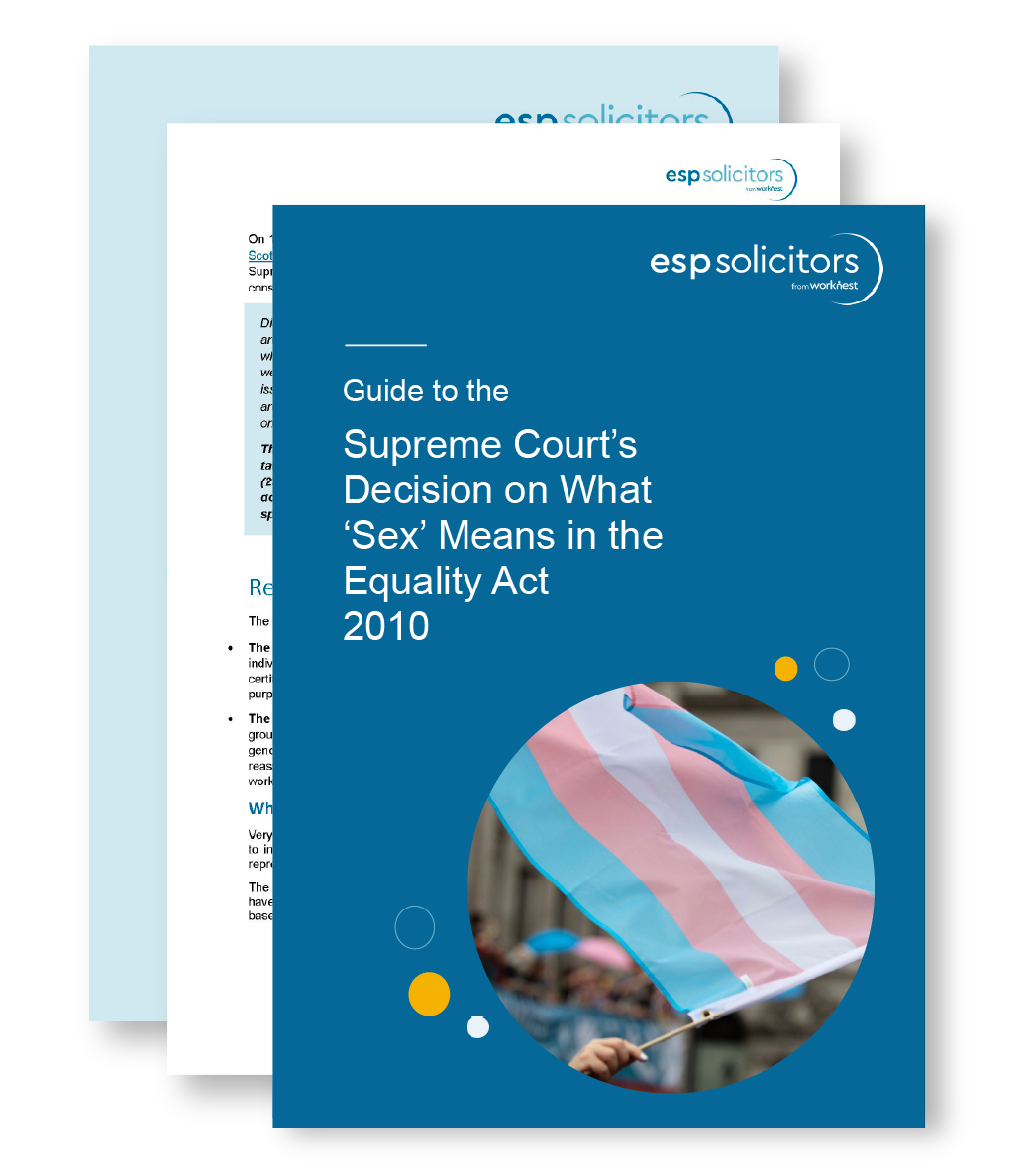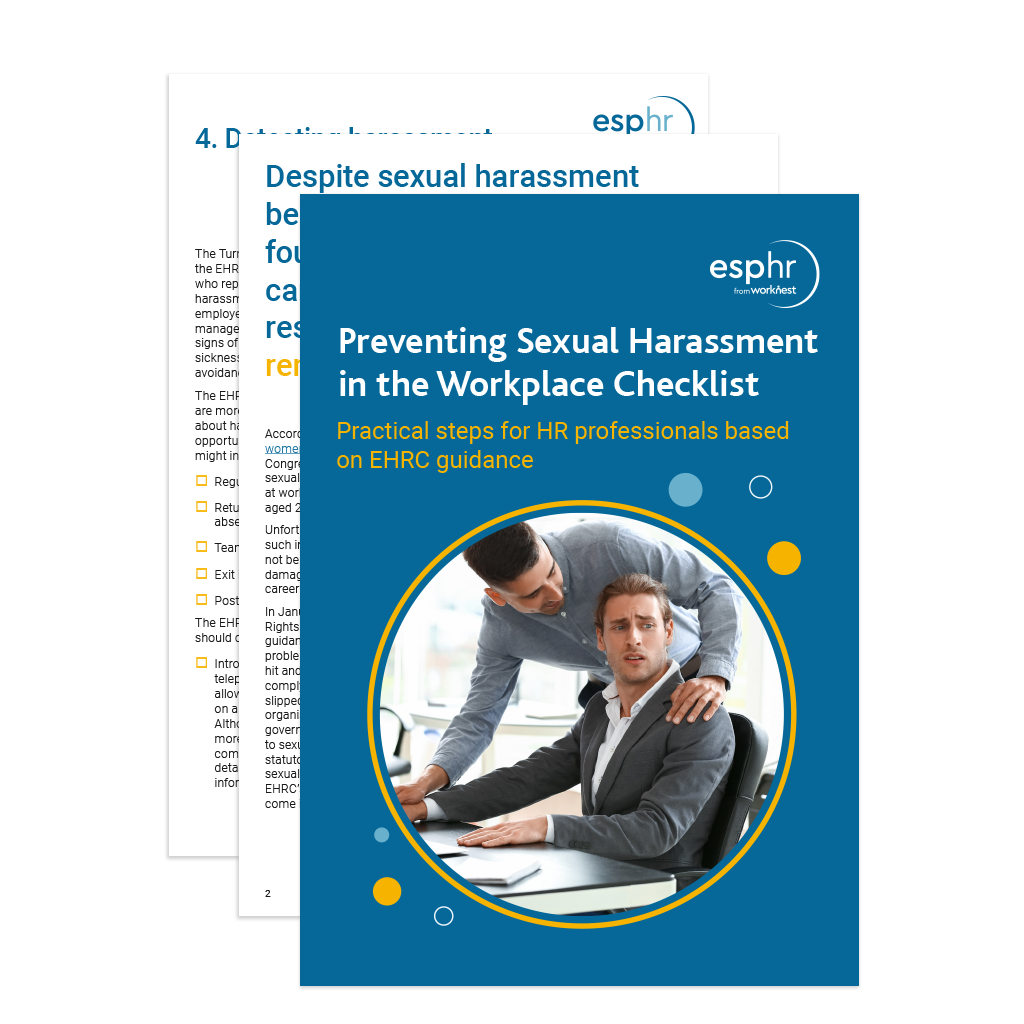This year, Ramadan is predicted to begin in the evening on Sunday, 10 March 2024, and will last for approximately 30 days, culminating in Eid Ul-Fitr on Tuesday, 9 April 2024. During this time, Muslim employees will be taking part in religious practices and are required to fast from sunrise to sunset each day.
HR professionals, managers and employers should take this opportunity to show understanding and, where possible, support Muslim employees by accommodating their needs to help ensure they can continue to perform their roles as best they can during this time.
What is Ramadan?
Ramadan is the ninth month of the Islamic lunar calendar, and is observed by Muslims worldwide. The practice of fasting during Ramadan is a spiritual custom intended to encourage self-discipline, empathy and closeness to Allah (God.)
For employees who are observing Ramadan, fasting can have implications on their work performance and energy levels due to changes in their daily routine and eating habits. They may experience fatigue, decreased productivity and difficulty concentrating – particularly towards the end of the day.
It is important to note that not all Muslim employees observing Ramadan will choose to fast. Some people may be exempt due to health conditions, pregnancy or breastfeeding, or other valid reasons. Employers should encourage employees to let them know that they are fasting, but this should be approached with sensitivity as some employees may feel uncomfortable sharing their religious beliefs.
Can your business change staff working hours during Ramadan?
Employees observing Ramadan will usually continue to attend work. Employers can support Muslim employees and demonstrate understanding by providing flexibility in working hours during Ramadan. This may involve changing their working hours or exploring other options such as providing regular short breaks to help employees who may experience reduced energy levels. For Muslims, visiting the Mosque and praying in congregation is a key component of Ramadan. Alongside this, you may wish to consider whether it is possible to allow short breaks for prayers or provide a private space for employees to pray in.
Muslims are likely to want to take some time off either during the month of Ramadan or to celebrate Eid. Employers should note that the exact dates are subject to the sighting of the moon and therefore try and accommodate requests with short notice if possible or allow employees to book multiple days but cancel days which are not needed at short notice. However, care should be taken to apply a fair and consistent approach.
It is against the law to treat an employee less favourably because of their religion or belief. Educating all employees about the significance of Ramadan and the reasons for accommodations can enable non-Muslim employees to be sensitive to the needs of colleagues, while also reinforcing the organisation’s commitment to respecting religious beliefs and accommodating diverse needs.
Why offer flexible hours to Muslim staff members?
Offering flexible hours to Muslim employees during Ramadan can be beneficial for both them and the organisation. Adjusting working hours to align with their fasting and prayer routines during this time can enable them to fulfill their religious duties without compromising on their work responsibilities. Allowing some flexibility ensures that Muslim colleagues can manage their workloads more effectively, reducing the stress and fatigue associated with fasting. This, in turn, will contribute to overall well being, increased productivity and job satisfaction.
As well as offering flexible hours to Muslim employees, there are several steps that everyone can take to ensure everyone supports individuals observing Ramadan. These include:
- Avoid placing additional burdens on them while fasting, such as asking them to do overtime
- Refrain from offering food or drinks to them
- Steer clear of work events involving food such as team lunches or meetings with snacks
- Avoid scheduling important meetings, such as performance reviews, late in the day when energy levels may be low.




